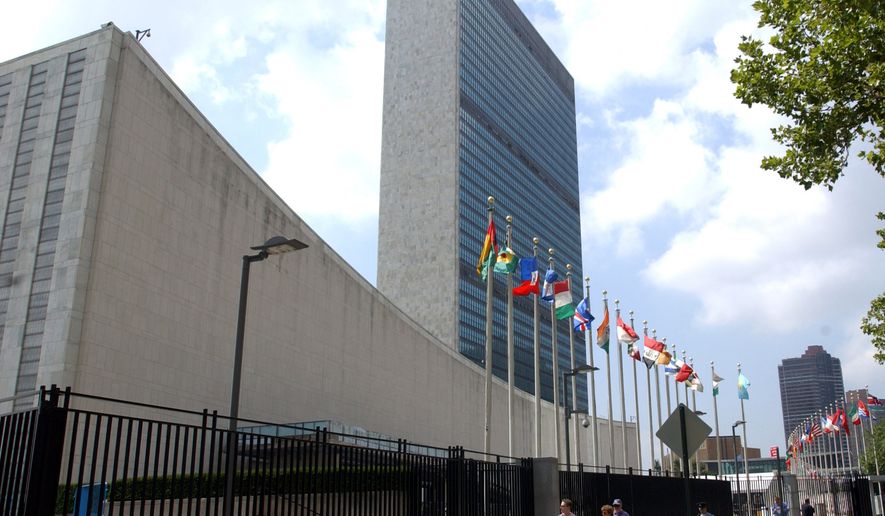OPINION:
The recent news that Timor-Leste’s parliament voted to terminate contracts of the international judges it has relied upon since the birth of its country should be seen as a major step forward in the small pacific-island nation’s path toward true self-governance.
By this act, Timor has shown the world it is committed to gaining its full independence and ending its reliance on the international community. After years of violence, sacrifice and grave human rights abuses committed against it, Timor continues to move forward. It took another step when it ended the United Nation’s operational control over its government and people, despite the fact that many in the UN community deemed the move unacceptable and premature.
But Timor officials were committed to get off the world body’s agenda and the international welfare system. Now, the country that became a nation in 2002 is sending another strong and clear message by eliminating the role of international judges as the principle decision makers and removing their hold on the Timor judicial system.
As one of the first prosecutors before an international tribunal and a diplomat under Presidents Bill Clinton and George Bush, I had the responsibility of leading efforts throughout the world to build the rule of law. I provided and coordinated technical legal assistance to developing and post-conflict countries like Rwanda, Cambodia, Sierra Leone and in the Balkans.
As part of that mandate, I played a role in recruiting and placing lawyers and judges in systems to assist in capacity building and promote accountability. In the beginning of 2000, under the direction and pursuant to the policy of President Clinton, I was sent to Timor to initiate the effort to create the first justice system in an independent Timor. Our stated goal was to recruit international experts to train, advise and assist the new system - but not lead it. The international community specifically rejected an international tribunal believing domestic ownership of the judiciary was necessary and proper.
Timor officials were sensitive to the need for international assistance early on but wanted sovereign development. However, what has transpired is that with the passage of time, international jurists enjoyed full power and a culture of judicial dependency emerged. This dependency resulted in the internationals maintaining and possessing effective control over the system for the last 12 years.
This control has stifled growth in domestic judicial capacity and caused many local jurists to defer judgment to the more experienced internationalists. Meanwhile, some of the international jurists underperformed, were essentially unaccountable since their regulatory body was far away from the courthouse steps in Dili, and believed that Timor should simply be grateful for their presence.
The international community talks a lot about capacity building. Many of those advocating for young democracies to do more to engrain the rule of law are the very ones complaining when the new governments begin to make sovereign decisions regarding what is best for their judiciary. It is all too easy to criticize a new democracy from the comforts of 250-plus year old systems. Demanding that gold-plated systems be created overnight is unrealistic and frankly a patronizing expectation. The European and U.S. systems, which are held out as the standard, were not created overnight nor could they have been. It took centuries of trial, error, controversy and reform to gain the acceptance and faith we have in them – generally - today. And yet, they remain imperfect.
The Timor parliament has taken the long-view in its path towards independence. It realizes that mistakes have been made by international jurists and local experts alike. It has also created a new independent commission of international and domestic experts to audit and critique the still-new judicial system.
While we all hope that young democracies such as Timor will work to minimize the errors that will surely occur, we must recognize that organic and consistent growth is the surest way to create a strong and enduring system. Timor has taken a major step forward in controlling its own future, it should be applauded for the progress. We frankly often see too little of it from fragile and new states.
Ambassador Pierre-Richard Prosper is the former U.S. Ambassador at Large for War Crimes and represents the Government of Timor-Leste in various legal matters.




Please read our comment policy before commenting.